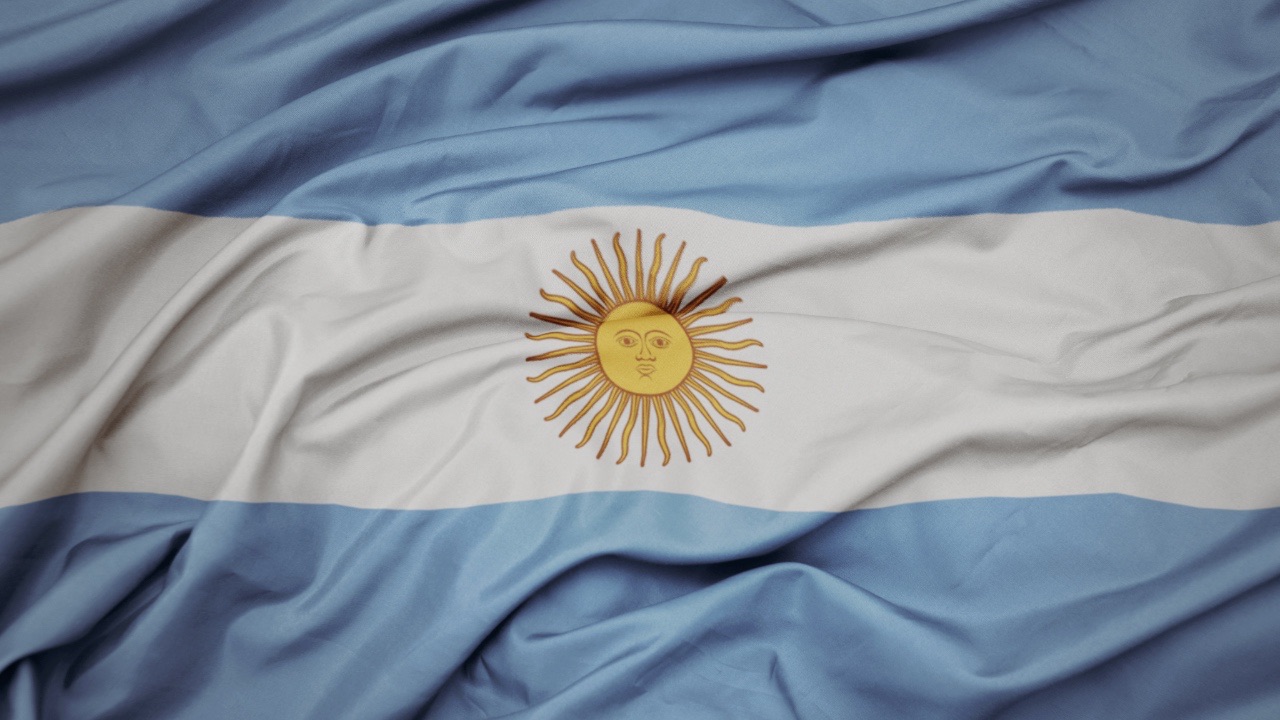
Applying Interpreting to Diplomacy
In his first talk at the ITI Conference 2019, Tony Rosado said that interpreting started the day Homo sapiens met the Neanderthals.
If that is the case, then diplomatic interpreting was born over 200,000 years ago.
The oldest form of interpreting, it has been evolving in sync with the world, in line with its paradigms, its expectations of it, new technology, and world-views.
Now, in the 21st century, the time has come for diplomatic interpreting to officially come of age and take its well-deserved place as a sub-field within my beloved profession: interpreting. Why? Because practised the way I believe it should, it does require a skillset slightly different from that expected of public service, business or conference interpreters, borrowing from them as much as from other fields and professions.
Diplomatic Interpreting Features
One of the main characteristics of diplomatic interpreting is how varied the wide range of situations it is required in is: missions, meetings, visits, tours, exhibitions, opening ceremonies, press conferences, presentations, table-top exercises, roundtables, phone calls, galas, dinners, trade fairs, working lunches, bilateral visits, and more. Each requiring its own unique combination of interpreting skills.
Skills
Diplomatic interpreters borrow simultaneous interpreting from conference work and short consecutive interpreting from public service work. We also need to have excellent command of long consecutive interpreting with note-taking, as formal speeches usually consist of about five-minute-long interventions, and of our memory for those times when we are required to interpret on the spot, without notes. We should also achieve speedy and efficient eye-ear-brain-mouth coordination for those times when documents are read out loud yet not verbatim and learn to work with the different technological solutions available in the market to aid us in our task.
As expected, diplomatic interpreters should become familiar with international protocol and business etiquette as well as the traditions and customs of the many regions and countries we interpret for. Mastering other skills such as public speaking and personal image is also useful.
However, the biggest difference between diplomatic interpreting and other forms of interpreting lies in how neutrality and confidentiality are both understood and maintained.
Confidentiality
It goes without saying that confidentiality is paramount.
No self-respecting public service, corporate or conference interpreter would ever intentionally disclose the contents of a meeting – nor would a diplomatic one. However, when working in diplomatic settings even disclosing the fact that a meeting or a visit took place could breech confidentiality and end up sharing more than intended. Photos and selfies are a minefield, especially when shared online, no matter how innocent the intentions.
Neutrality
Casual conversation during breaks and car rides, when one is relaxed and has lowered one’s guard, are equally risky, especially when it comes to sharing anecdotes or expressing one’s opinion, turning neutrality into thin ice and remaining neutral into an art. It is easy – and desirable – to build rapport with someone when working closely and, especially, when becoming their voice. Thus the need to replace the physical boundaries of the conference interpreting booth with the more abstract but equally important ones of professional conduct.
What is next for diplomatic interpreting?
In my presentation at the 2019 ITI Conference, I argued that, given the special nature of diplomatic interpreting, it should be considered a sub-field within interpreting and that universities and professional associations should consider revising their training programmes and Codes of Ethics accordingly.
On my end, I will continue to write about the work of diplomatic interpreters and to share my professional experiences as often and as thoroughly as I can.
'Interpreters play a vital but overlooked part in diplomacy. The best ones are able to translate not only words but also points of emphasis and tone and are careful to ensure that idiomatic expressions are not misunderstood.' Madeleine Albright, 64th United States Secretary of State






